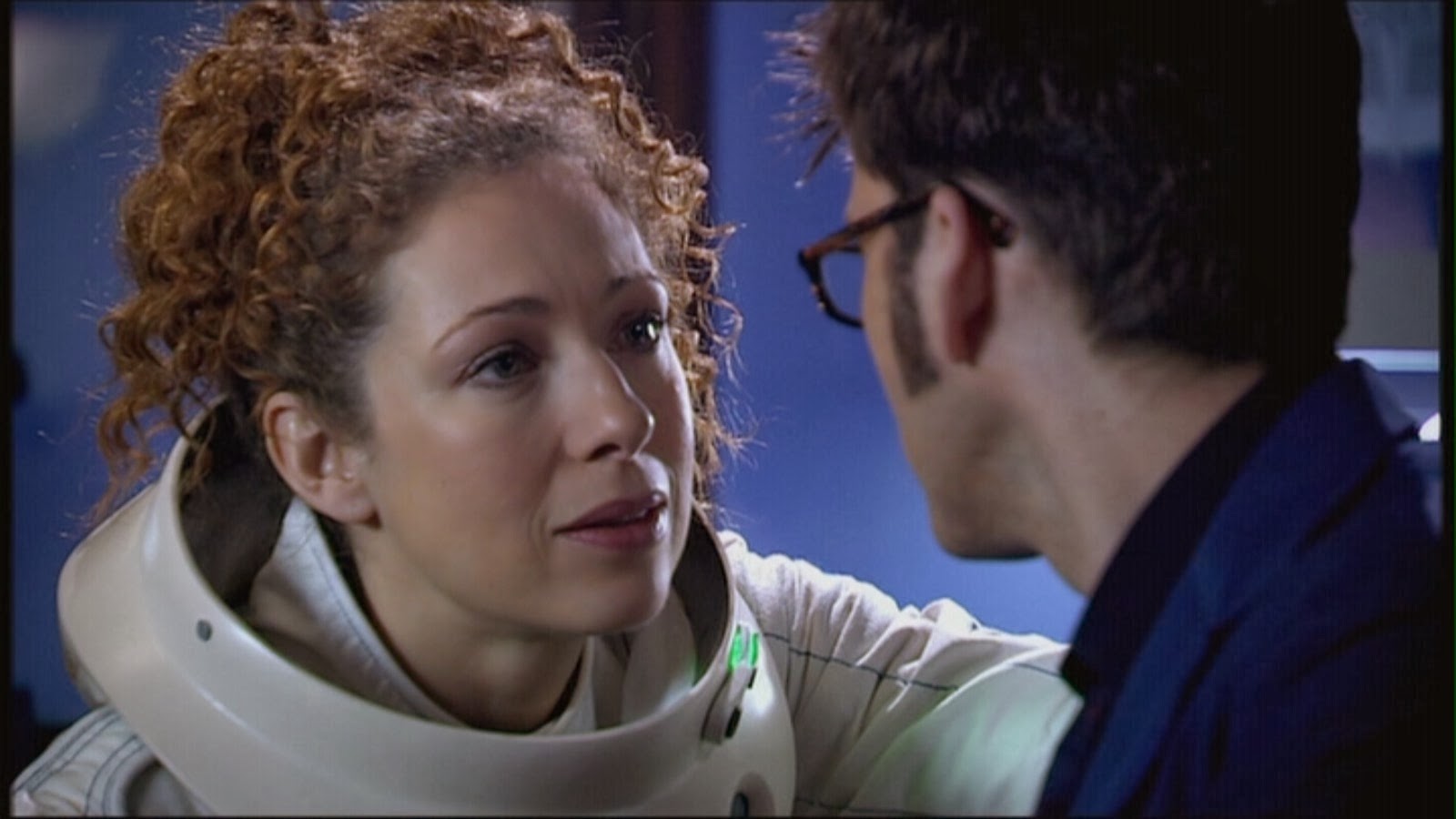Excerpts from a project I don’t actually have time for, but wish I did.
You’re a Mean One, Mr. Grinch
The webcomic XKCD once slyly pointed out that radio airplay of Christmas songs amounts to an extended nostalgia project for baby boomers, with the top twenty songs clustered neatly around the 1950s and 1960s. “You’re A Mean One, Mr. Grinch” is not among those top twenty, but is clearly part of the same trend, coming from the 1966 How The Grinch Stole Christmas television special.
It is difficult to account for its status in the Christmas canon on any grounds other than sheer nostalgia. Its only connection to Christmas is appearing in a holiday special. The lyrics don’t mention the holiday at all, instead just insulting the Grinch for six verses
Indeed, lyrically, the song seems almost anti-Christmas. It is a character piece meant to establish the main character of How the Grinch Stole Christmas, when the entire point of the character is that he’s missing the holiday spirit entirely. But his overall character arc over the course of the special isn’t contained in the song.
More to the point, the overall point of the special is in many ways a split decision. Yes, the Grinch makes nice at the end, but the point of the special isn’t the eventual reconciliation, it’s the giddy thrill of the Grinch trying to steal Christmas. The special asks us to revel in perversity with the thin justification that order is restored eventually.
And this carries through to the song. On the one hand, the song is a description of the villainous Grinch and his awful ways. But as much as the song condemns the Grinch, its pleasure is clearly in the perverse excesses of its invective. One central joke of the song is the way in which the final line steadily increases in size, from “you’re a bad banana with a greasy black peel,” which fits the actual musical phrase, up to “I wouldn’t touch you with with a thirty-nine-and-a-half foot pole,” which humorously crams too many syllables into one note, all the way up to “your soul is an appalling dump heap overflowing with the most disgraceful assortment of deplorable rubbish imaginable, mangled up in tangled up knots,” a description in which there are simply too many adjectives. (“Mangled up in,” in particular, exists only to sustain the phrase a little bit longer.)
This excess is, of course, quintessentially Seussian. But what is striking is not just the excess but the way in which it is overtly contrary to the supposed sense of the season. But the story of the redeemed curmudgeon has obvious history in Christmas – most obviously with Ebeneezer Scrooge. And while these stories are ostensibly about their main character’s redemption, they also show an important carnivalesque inversion of the usual order of things. Their presence deflates the gaudy artifice of Christmas.
The truth is, nobody in their right minds doesn’t want to punch the Whos in the face around the third “Dahoo Dores,” cloying little snots that they are.…
Continue Reading








